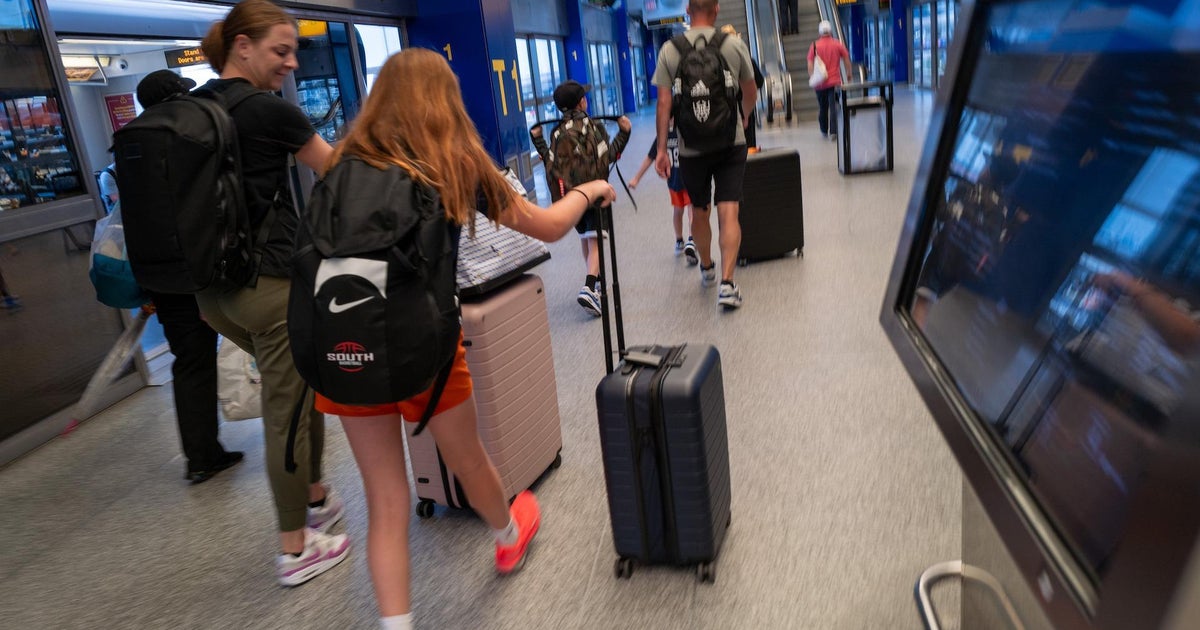US zoo ends kiwi petting experience after outcry from New Zealanders
MIAMI -- A US zoo has apologized after video showing a kiwi named Paora being handled by humans sparked outrage in New Zealand, where the species is the national bird.
The protests began after video footage of so-called "kiwi encounters" at Zoo Miami were posted on social media, showing the flightless bird being handled by visitors and kept awake by artificial lighting.
Wildlife photographer Holly Neill, who posted a video showing clips of the encounters, said it was "appalling" to see a kiwi treated this way.
"It's being kept awake during the day despite being a nocturnal species. When it runs to hide in a dark box, they open the lid," she wrote.
"For $23.36USD, Miami Zoo will let you disrupt a nocturnal, endangered kiwi by forcing it into artificial lighting and allow you to touch it. I'm so upset about the welfare of this kiwi."
The birds, which once numbered around 12 million in New Zealand, have seen their population plummet to just 68,000, according to the Save the Kiwi charity, and conservation efforts have raised awareness of their vulnerability.
Before long, an online petition to "Help save this mistreated kiwi" had gathered thousands of signatures.
"He has been tamed and is subjected to bright flourescent lighting 4 days a week, being handled by dozens of strangers, petted on his sensitive whiskers, laughed at, and shown off like a toy," the petition reads.
"Kiwi are nocturnal animals, who should be kept in suitable dark enclosures, and minimally handled. The best practice manual for kiwi states that they shouldn't be handled often or taken out of their burrow to be held by the public," it continues.
The controversy even drew the attention of the New Zealand government's Department of Conservation, which tweeted that it would "be discussing the situation with the American Association of Zoos & Aquariums to address some of the housing and handling concerns raised."
Following the backlash, Zoo Miami released a statement apologizing for the "handling and housing" of Paora.
The concerns raised "have been taken very seriously and as a result, effective immediately, the Kiwi Encounter will no longer be offered," the statement reads.
"Again, we are deeply sorry," it added, before outlining the changes it would make to improve the situation.
"Plans are presently underway to build a special habitat for him that will continue to provide him with the shelter that he needs while respecting and supporting his natural instincts," the zoo said.
"It will be developed in such a way that we can teach our guests about the amazing kiwi without any direct contact from the public," it added.
And news of Paora's plight even reached the highest levels of government, with New Zealand Prime Minister Chris Hipkins hailing the country's defense of the bird.
"It shows that Kiwis take a lot of pride in our national bird when they're overseas, and they do take action if they see kiwis being mistreated," Hipkins told journalists.
New Zealanders are famously protective of the birds, with the New Zealand Department of Conservation launching a conservation effort known as the Kiwi Recovery Plan in 1991.
This involved predator control, community engagement, and Operation Nest Egg, in which kiwi eggs in the wild were rescued and later reintroduced into the forest after they had hatched or fledged. This increased the rate of juvenile survival for the species, resulting in population growth.



